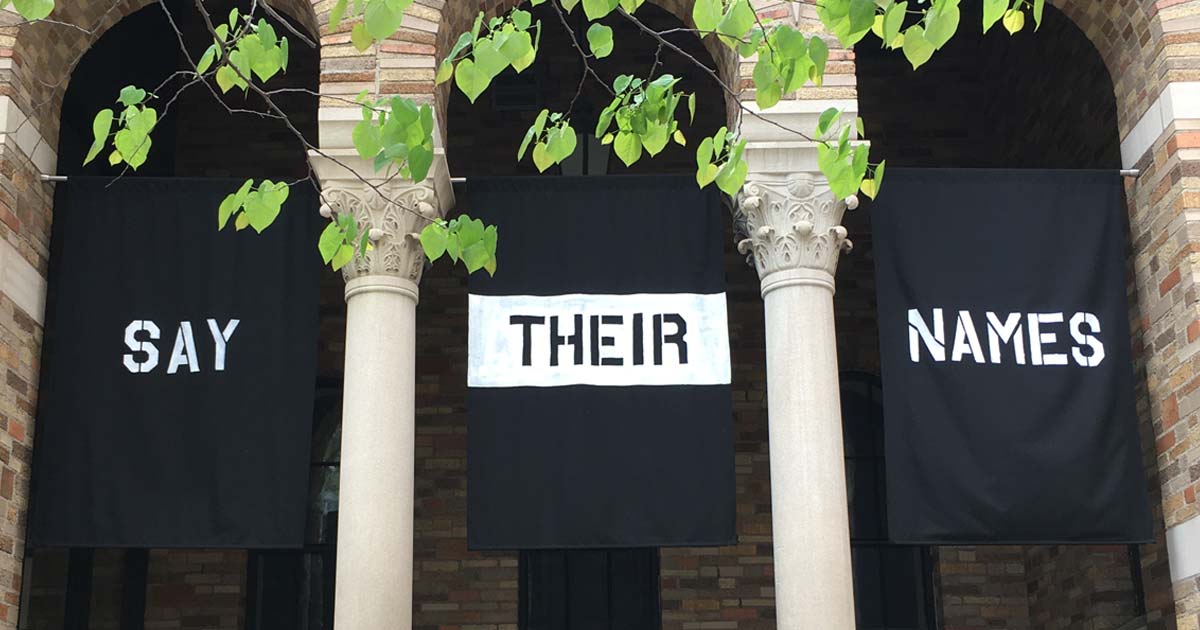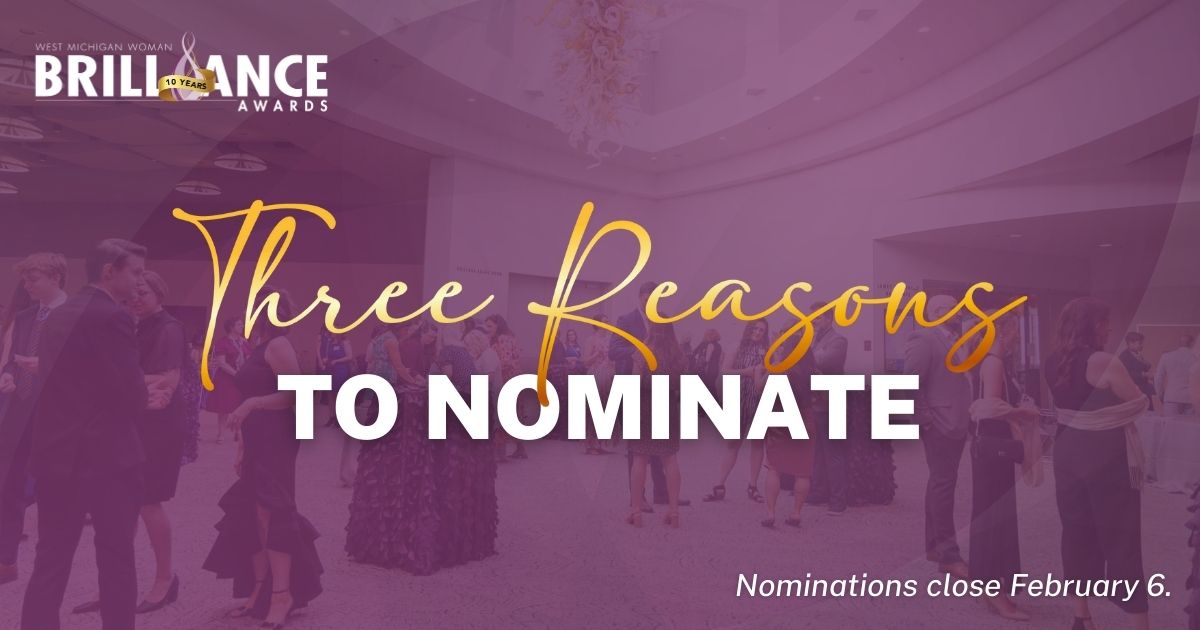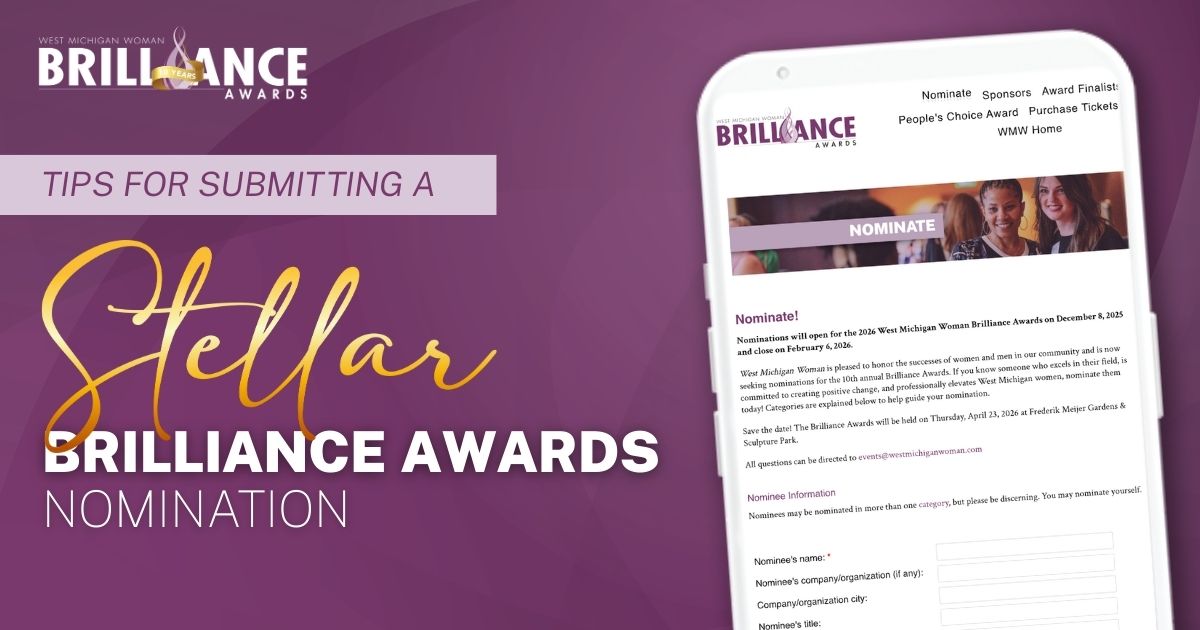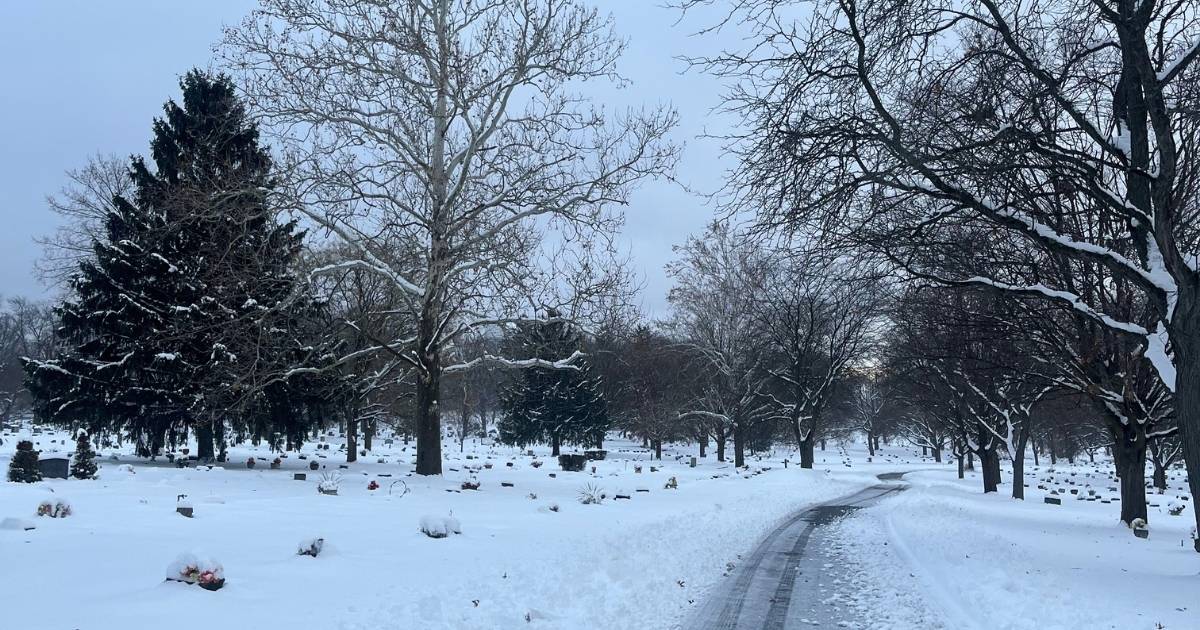BLACK LIVES MATTER.
Say their names. Remember their stories.
You've certainly heard about the senseless murder of George Floyd at the hands of four Minneapolis police officers on Memorial Day, May 25, 2020. As utterly disgusting as it is that a Black man was lynched in broad daylight, while he and those around him begged for his life, it shouldn't surprise us. The oppression, systemic racism, and murder of Black, Indigenous and People of Color has been occurring in America for hundreds of years. As shocking as it may be to most white people that Black men, Black women—like Breonna Taylor, and transgender People of Color—like Tony McDade, are still ending up dead in the streets at the hands of law enforcement and wannabe cops, it shouldn't be the first time you're realizing the realities of our American roots.
It shouldn't surprise you.
It should enrage you.
White people: We should have been paying attention. We should have been listening. We should have been opening our wallets. We should have been making calls and writing letters. We should have already been raising hell.
We should have been doing so much more.
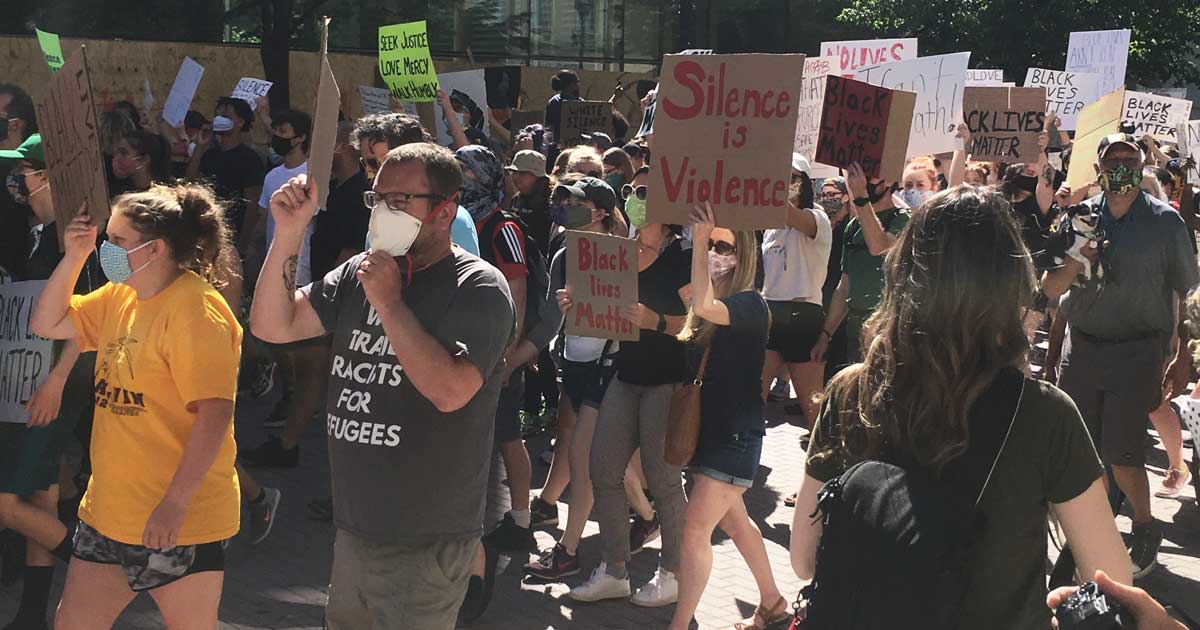
If you've been doing some of this work already, you've likely realized though it's a start, the work is never done. Until the systems of oppression—built to uphold white supremacy and working exactly as intended—are dismantled, there's work to be done. Sharing an aesthetically pleasing graphic on your social channels and getting on with your day is performative and far from enough.
If we want tangible change, white people must be willing to give up the comfort, innocence and shield from vulnerability we've been privileged to experience our whole lives. We must be willing to be held accountable and called out for our mistakes. It's not about white feelings and tears right now. Do not tell your Black friends you can't find the words. If you've been paying attention, you've had the time.
For our advocacy, protesting and otherwise, it's vital to listen to BIPOC—especially Black women—and follow their lead. Don't call yourself an ally only to tell Black people the correct way for them to protest, feel or grieve.
Finally, for once, it's not about us.
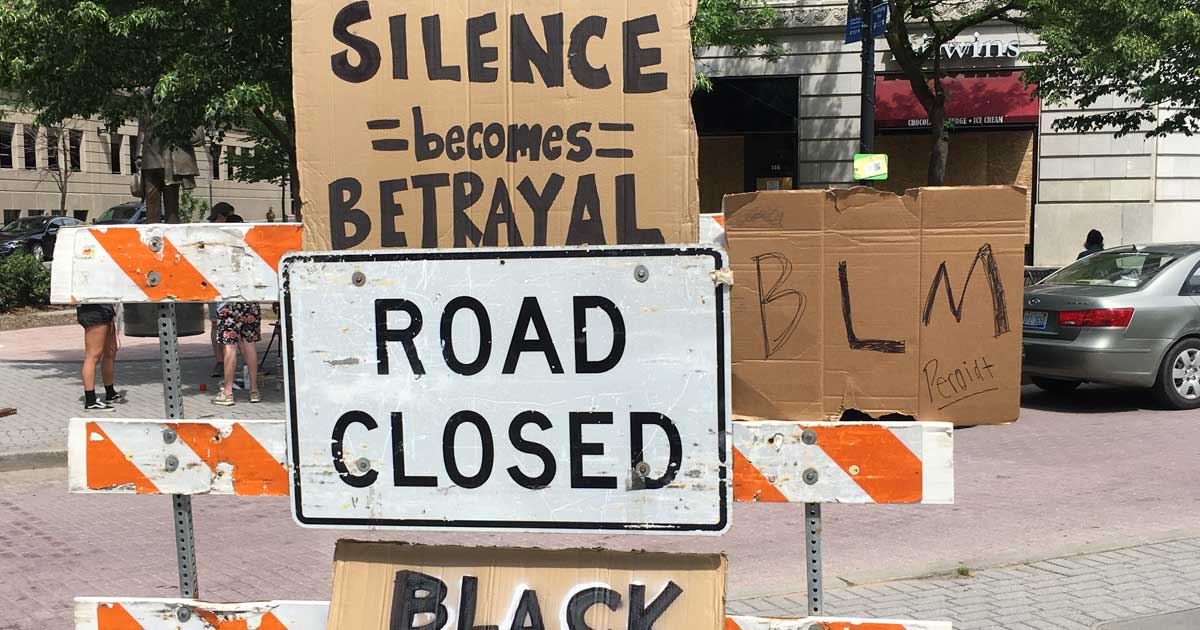
Know this: It's not on BIPOC to educate us. It has to start with us. If there are BIPOC offering to educate you, compensate them generously for their work and emotional labor. Again, LISTEN. Diversify your social feeds by following and amplifying Black voices and share their words without making the narrative about yourself. Do not send a private message to a Black person asking them to fill you in on what you should know. Do the research to confront your own racial biases. Recognize them, sit in them, take the time to reflect on how you can unpack and unlearn them.
The fight to overcome racism and dismantle white supremacy goes far beyond today. The conversation cannot cease simply because we tire of it. Our privilege mustn't blind us to the often-uncomfortable talks with friends, relatives, employers and organizations we volunteer for. Don't give money to businesses and organizations whose values don't reflect what is just and right. Put those in power under pressure to acknowledge what's been staring them in the face for decades. Don't make excuses for those who should know better.
It may be tempting to change the channel, scroll on by, fall silent or step back when things get heavy.
Do not look away.
Do not stay silent.
Get loud.
Get to work.
This Google doc, compiled by Sarah Sophie Flicker and Alyssa Klein in May 2020, is full of anti-racism resources for white people—resources for white parents striving to raise anti-racist children, articles and books to read, videos, films, TV series to watch, podcasts to subscribe to, organizations to follow and donate to, and more.
NOTE: This list, though expansive, is far from exhaustive. Continue to do your own research and take real action—today and always.
Not one more. No justice, no peace.
Written by Sarah Suydam, Staff Writer for West Michigan Woman.
Photographs by Amy L Charles, Editorial Director, Serendipity Media.

